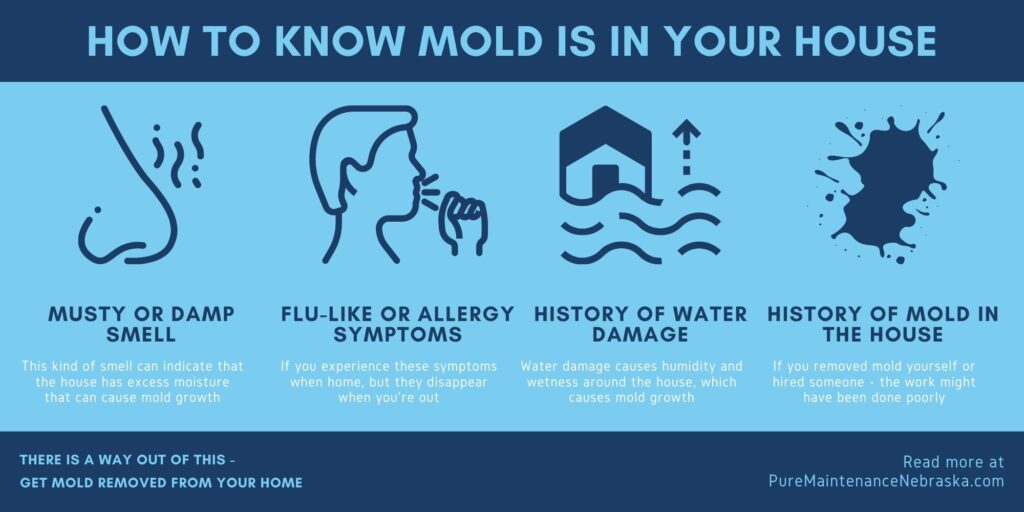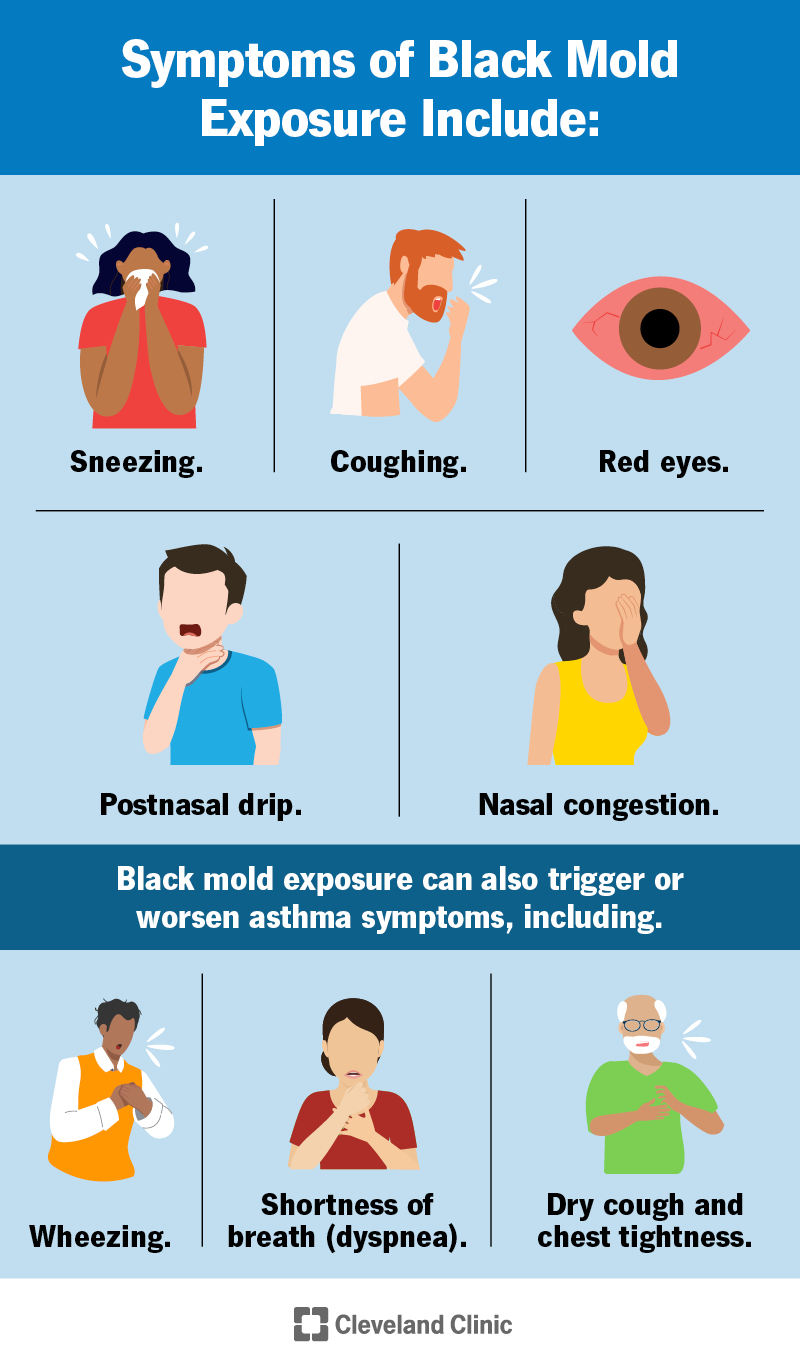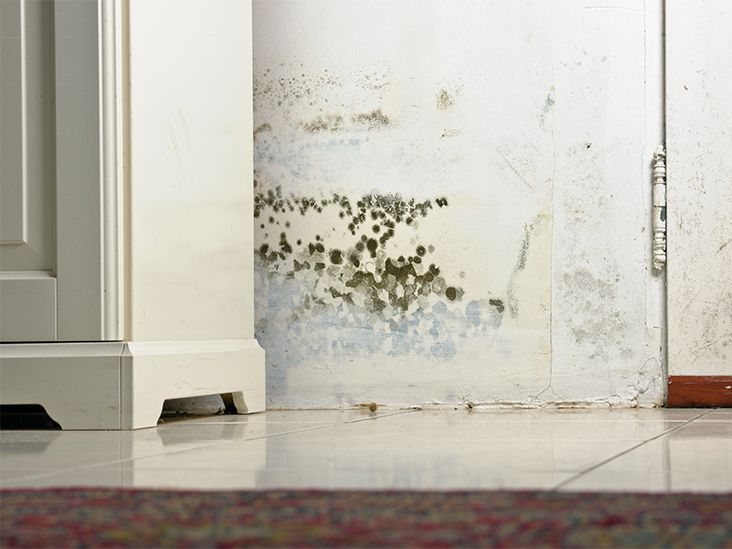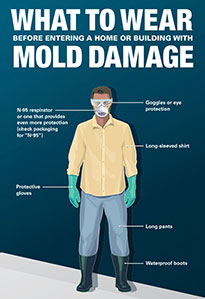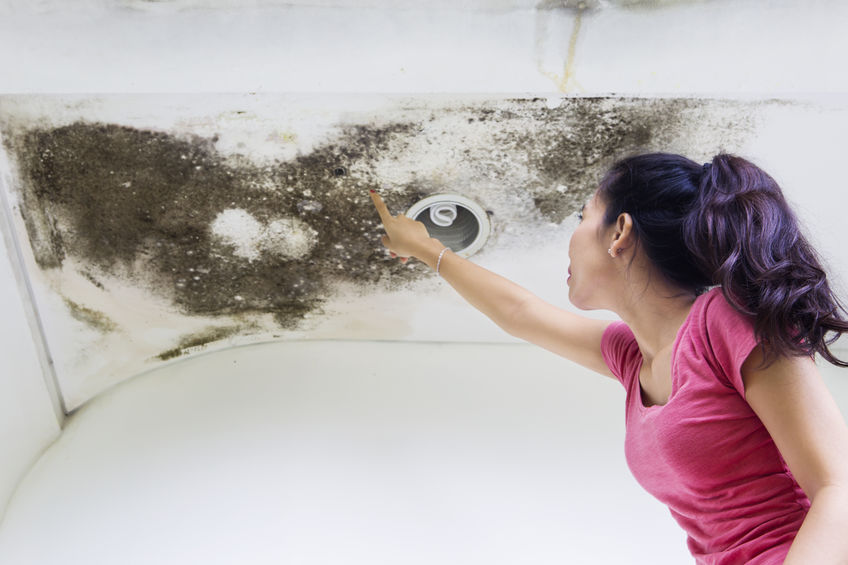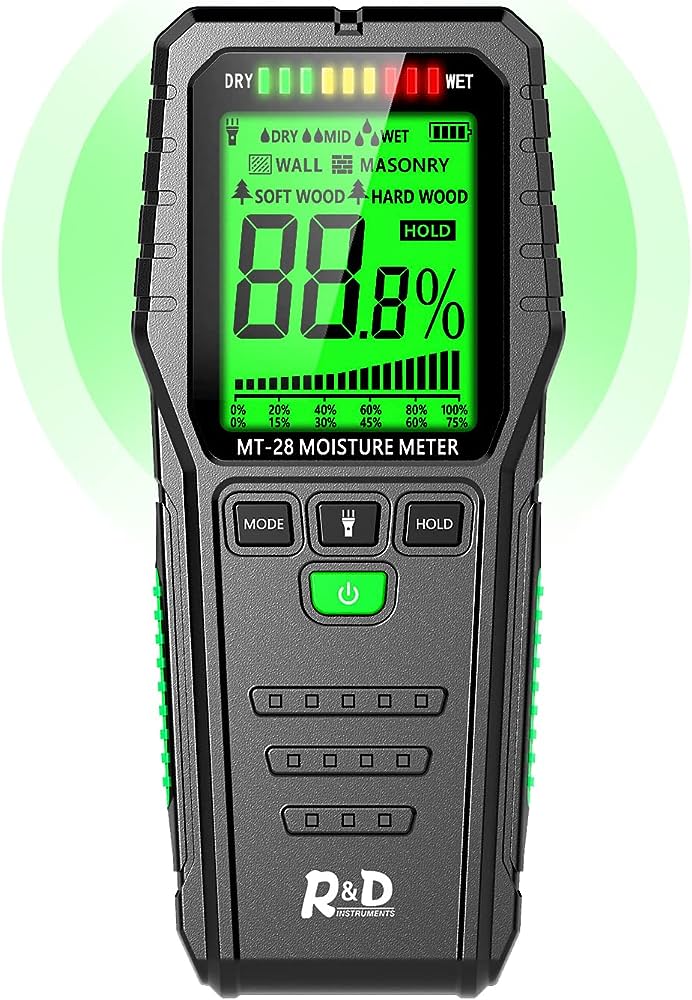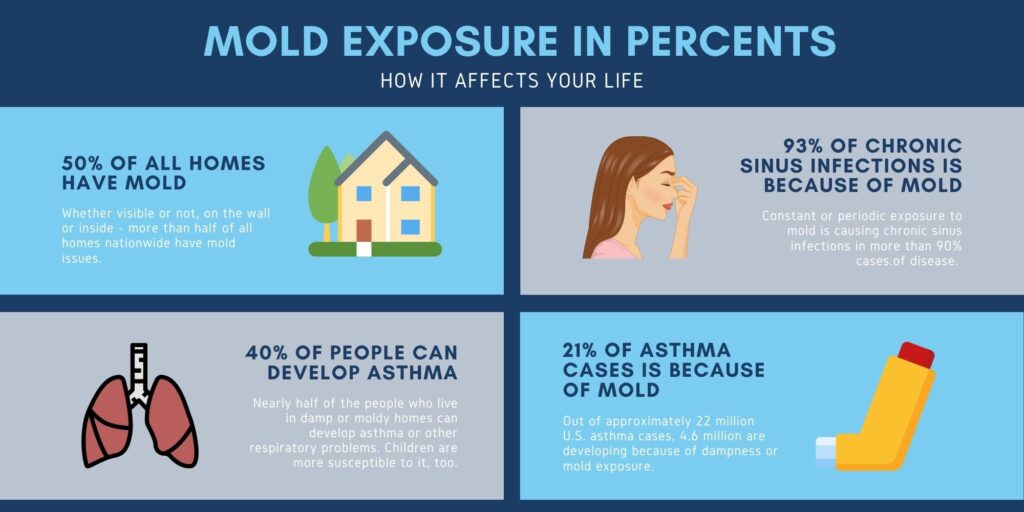Have you ever wondered what happens when you catch a whiff of that musty, unpleasant smell of mold? Curiosity piqued, you lean in, taking a deep breath directly from the source. As you inhale, a familiar tingling sensation fills your nostrils, but what happens next? In this article, we will explore the potential consequences of smelling mold directly and why it’s essential to be cautious around this potentially harmful substance. So, take a moment to unravel the mystery behind that distinct odor and discover how it may affect you.
What Happens If You Smell Mold Directly?
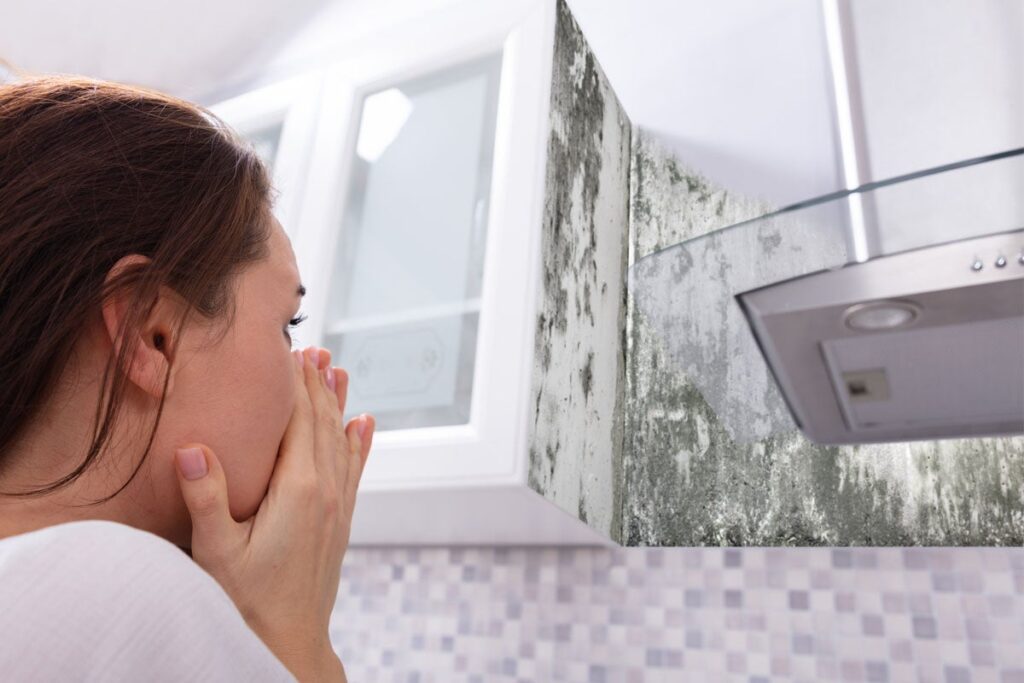

Understanding the Presence of Mold
Mold is a type of fungus that thrives in damp and humid environments. It can be found both indoors and outdoors, and it reproduces by releasing tiny spores into the air. These spores are invisible to the naked eye and can easily be inhaled. Mold growth inside your home can be a cause for concern as it can lead to various health problems. Smelling mold directly can be an indication that there is mold present in your immediate surroundings.
Causes of Mold Formation
Mold requires moisture to grow, so areas that have high humidity levels or water leaks are susceptible to mold formation. Poor ventilation can also contribute to the growth of mold. Common places where mold is often found include bathrooms, kitchens, basements, and areas with water damage. If you notice a musty smell, it’s essential to investigate the source and address any moisture issues promptly.
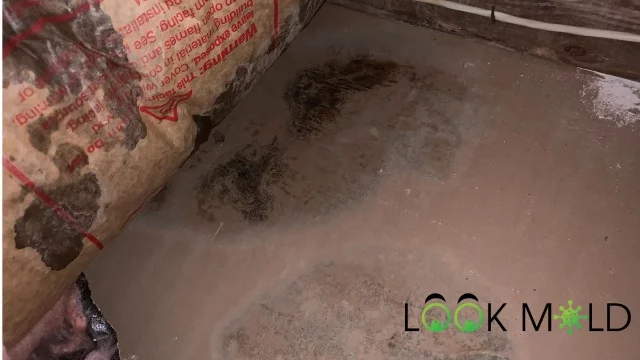

Impact of Mold on Health
Exposure to mold can have various adverse effects on your health. Different individuals may react differently to mold, and some may be more sensitive than others. Breathing in mold spores can irritate the respiratory system and trigger symptoms such as coughing, sneezing, wheezing, and shortness of breath. Prolonged exposure to mold may also lead to more severe respiratory conditions, such as asthma and bronchitis.
Identification of Mold through Smell
One of the telltale signs of mold growth is its distinctive smell. Mold has a musty, earthy, or damp odor that is hard to miss. If you detect this smell in your home or any other indoor space, it is essential to conduct a thorough inspection for mold. Keep in mind that not all molds have a strong odor, so even if you don’t smell anything, it doesn’t necessarily mean mold is not present.
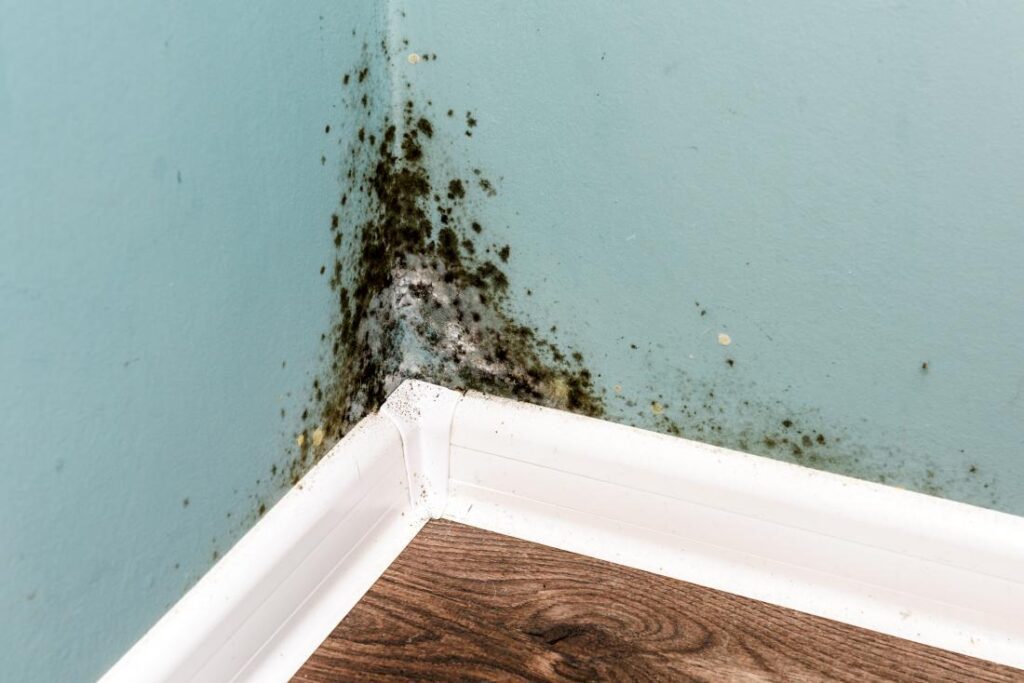

Immediate Physical Reactions
When you smell mold directly, you may experience immediate physical reactions. The musty odor can irritate your nose and airways, leading to nasal congestion, runny nose, and itchy or watery eyes. Some individuals may also develop headaches or a sense of fatigue upon exposure to mold. These immediate symptoms are often a result of the body’s defense mechanism trying to protect itself from the potential harm caused by mold spores.
Potential Allergic Reactions
For individuals who are allergic to mold, smelling it directly can trigger more severe allergic reactions. These reactions can include chest tightness, difficulty breathing, hives, and even anaphylaxis in extreme cases. Allergic individuals may experience a heightened sensitivity to mold and may need to take extra precautions to avoid exposure.
Exposure to Mycotoxins
Certain types of mold produce mycotoxins, which are toxic substances that can have serious health implications. When you smell mold directly, it is possible that you are also exposed to these mycotoxins. Prolonged exposure to mycotoxins can lead to a range of symptoms, including fatigue, headaches, dizziness, nausea, and even neurological effects. It is important to note that not all molds produce mycotoxins, but it is still wise to take prompt action to address any mold growth you encounter.
Increased Risk for Respiratory Issues
If you already have respiratory issues such as asthma or chronic obstructive pulmonary disease (COPD), exposure to mold can worsen your symptoms. The presence of mold spores in the air can trigger asthma attacks, causing wheezing, coughing, and difficulty breathing. People with compromised immune systems or underlying respiratory conditions should be particularly cautious about mold exposure and take appropriate measures to minimize their risk.
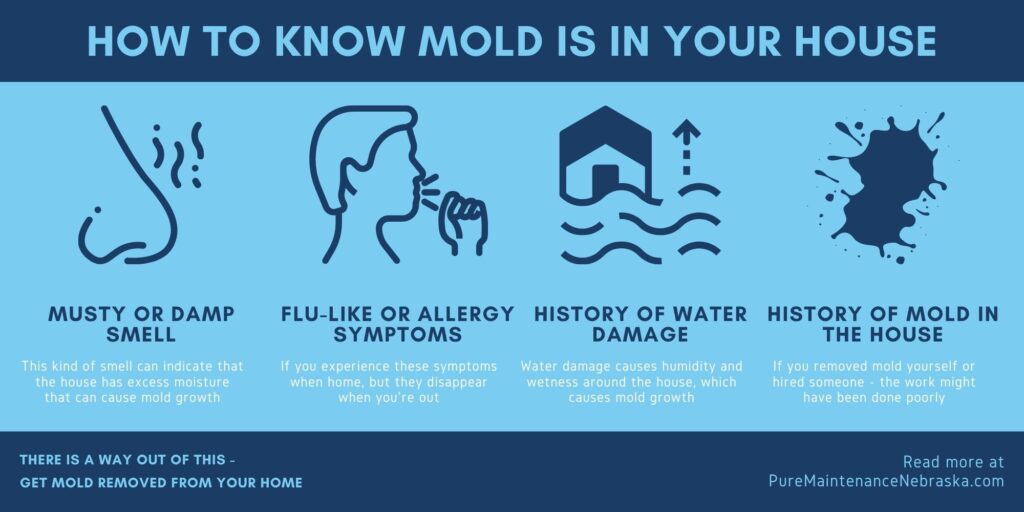

Worsening of Existing Health Conditions
In addition to respiratory issues, mold exposure can exacerbate other health conditions as well. Individuals with allergies, sinus infections, or compromised immune systems may experience increased symptoms when exposed to mold. Mold spores can also cause skin irritation and rashes, particularly in those with sensitive skin. If you have any existing health conditions, it’s important to be proactive in identifying and addressing mold growth to prevent further complications.
Precautions and Actions to Take
If you smell mold directly or suspect its presence in your home, there are several precautions and actions you can take. First, it’s important to identify the source of the mold and address any moisture issues that may be contributing to its growth. This may involve fixing leaks, improving ventilation, or using dehumidifiers in damp areas. Cleaning affected surfaces with a mixture of water and detergent can help remove visible mold, but it’s crucial to wear protective gear, such as gloves and a mask, to minimize exposure.
For extensive mold growth or persistent mold-related health issues, it is best to seek professional help. Mold remediation experts can assess the situation, safely remove mold, and provide recommendations to prevent future growth. Additionally, regularly inspecting your home for any signs of mold and promptly addressing any moisture issues can help prevent the development and spread of mold.
In conclusion, smelling mold directly can indicate the presence of mold in your surroundings. Mold exposure can have various health impacts, ranging from respiratory issues to allergic reactions and even the exacerbation of existing health conditions. Taking precautions and promptly addressing mold growth is essential to protect your health and maintain a safe living environment. If you suspect mold in your home, it’s best to consult professionals who can provide guidance and assistance in dealing with the issue effectively.

